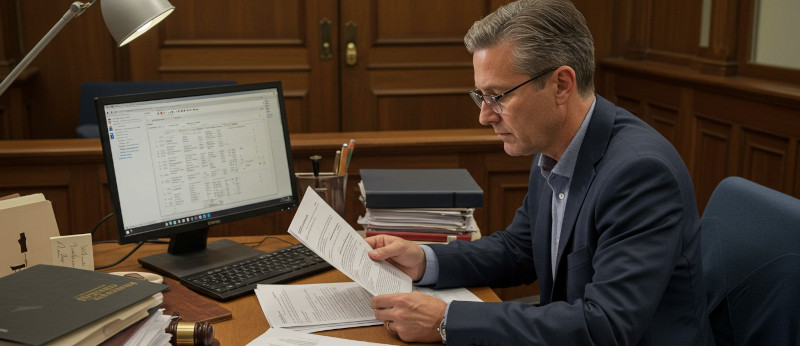
-
Learn how top attorneys defeat false heirship claims in probate today. Secure your client’s estate with proven tactics to dismiss fraudulent inheritance suits.
-
What Is the Process for Locating Unknown Heirs Through Public Records?
Summary Locating unknown heirs can seem like a daunting task, but by utilizing public records and a systematic approach, it can be accomplished effectively. This article outlines the process, common challenges, and expert tips for successfully identifying heirs. A step-by-step…
-
How Do You Confirm Heirship When Dealing With Common-Law Marriages?
Summary Confirming heirship in cases involving common-law marriages can be complex due to variations in state laws. This article provides a detailed overview of how to navigate these complexities by addressing common challenges, outlining a step-by-step process, and offering expert…
-
What’s the Difference Between a Family Settlement Agreement and a Court Ruling?
Summary A Family Settlement Agreement (FSA) and a court ruling serve distinct purposes in resolving disputes, particularly in estate and probate matters. An FSA is a consensual agreement among family members to settle their differences, often without requiring court intervention.…
-
How Do Trusts Affect Heirship in Probate Cases?
Learn how trusts can override wills, complicate heirship & protect assets in probate. Essential guide for attorneys.
-
What Is the Statute of Limitations for Heirship Claims in Probate?
Need to claim your inheritance? See state probate deadlines for heirship claims. Understand statute of limitations now to protect your rights.
-
Can a Probate Judge Override a Claimed Heir’s Rights?
Summary The question of whether a probate judge can override a claimed heir’s rights is complex and nuanced. Generally, a probate judge assesses the legitimacy of an heir’s claim based on state laws, the will’s provisions, and any potential disputes…
-
How Do You Prove Lineal Descent in a Probate Case?
Summary Proving lineal descent is crucial in a probate case, especially when determining heirs and beneficiaries accurately under the law. This article delves into the challenges of proving lineal descent, outlines a clear step-by-step process to do so, and provides…
-
What Legal Steps Should Attorneys Take When No Heirs Can Be Found?
Summary When an individual passes away without any identifiable heirs, attorneys face the challenge of navigating a complex legal landscape. This article outlines the common challenges attorneys encounter in these situations and provides a comprehensive step-by-step process to take when…
-
What Is an Heirship Determination Hearing and What Should Lawyers Expect?
Summary An heirship determination hearing is a legal procedure that helps establish the rightful heirs of a deceased person’s estate. For attorneys navigating this process, understanding what to expect is crucial. This article outlines the basics of heirship determination hearings,…









